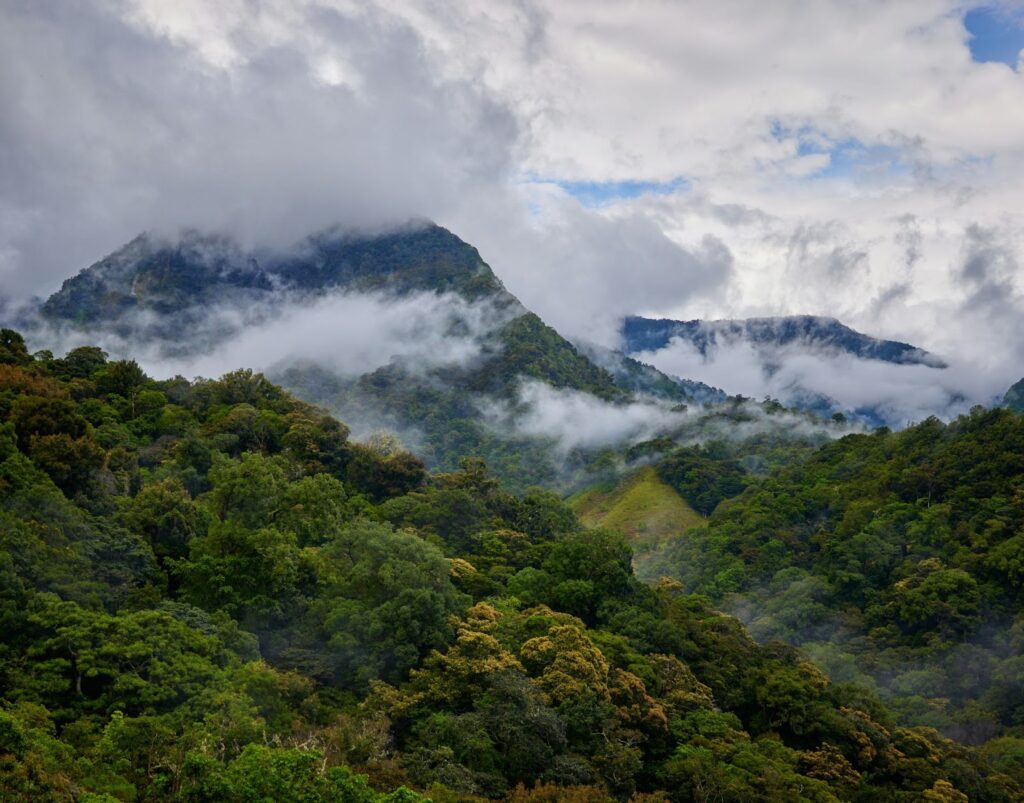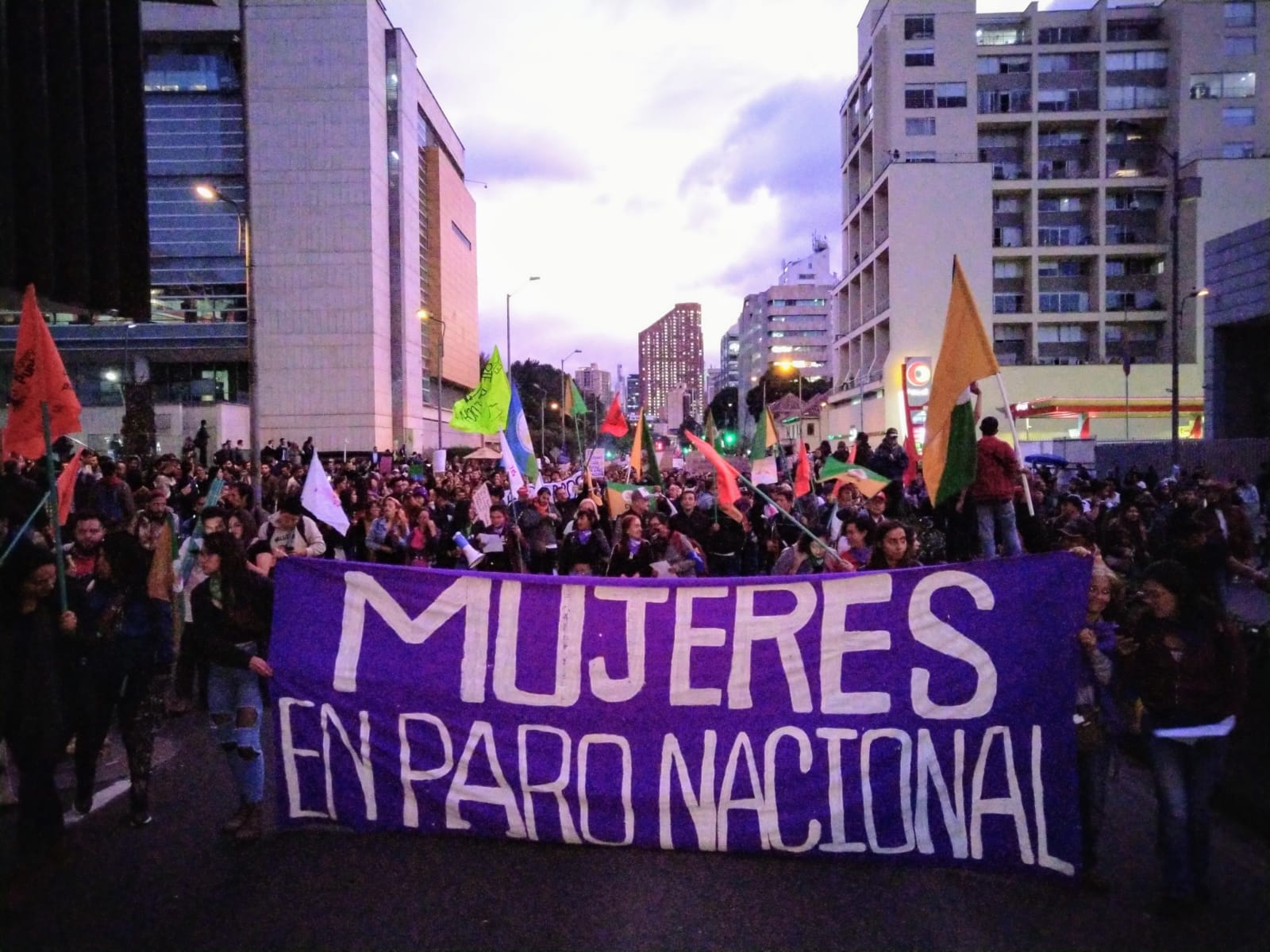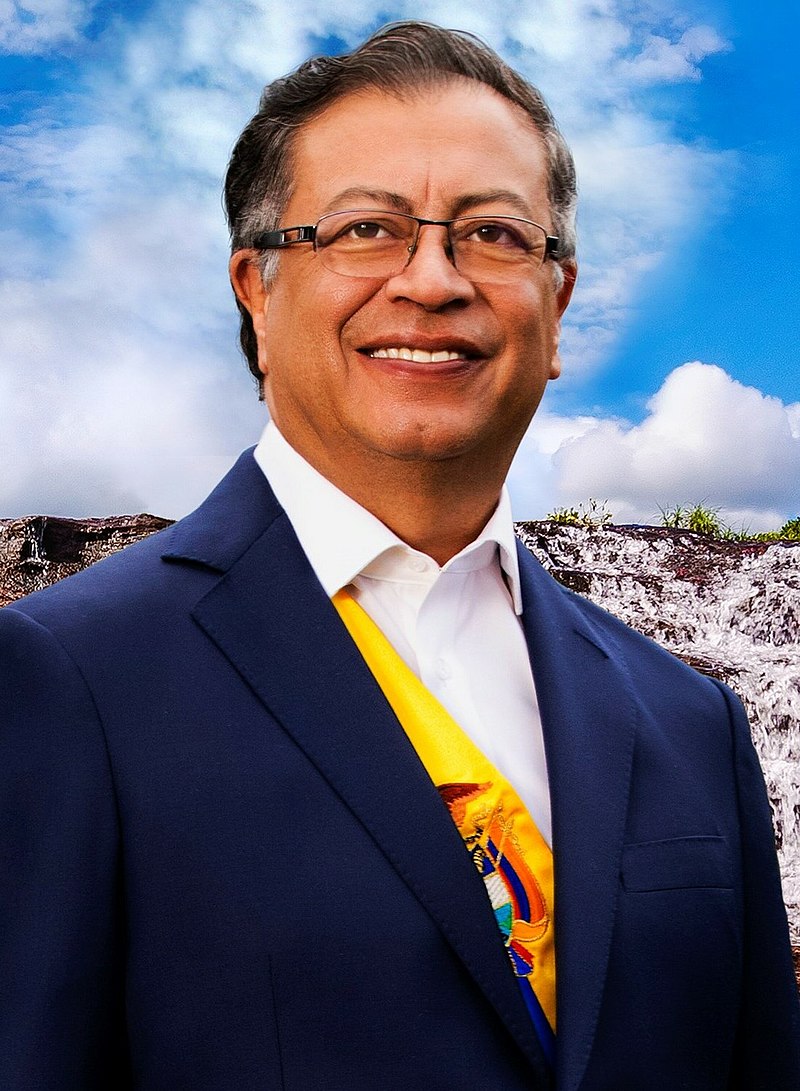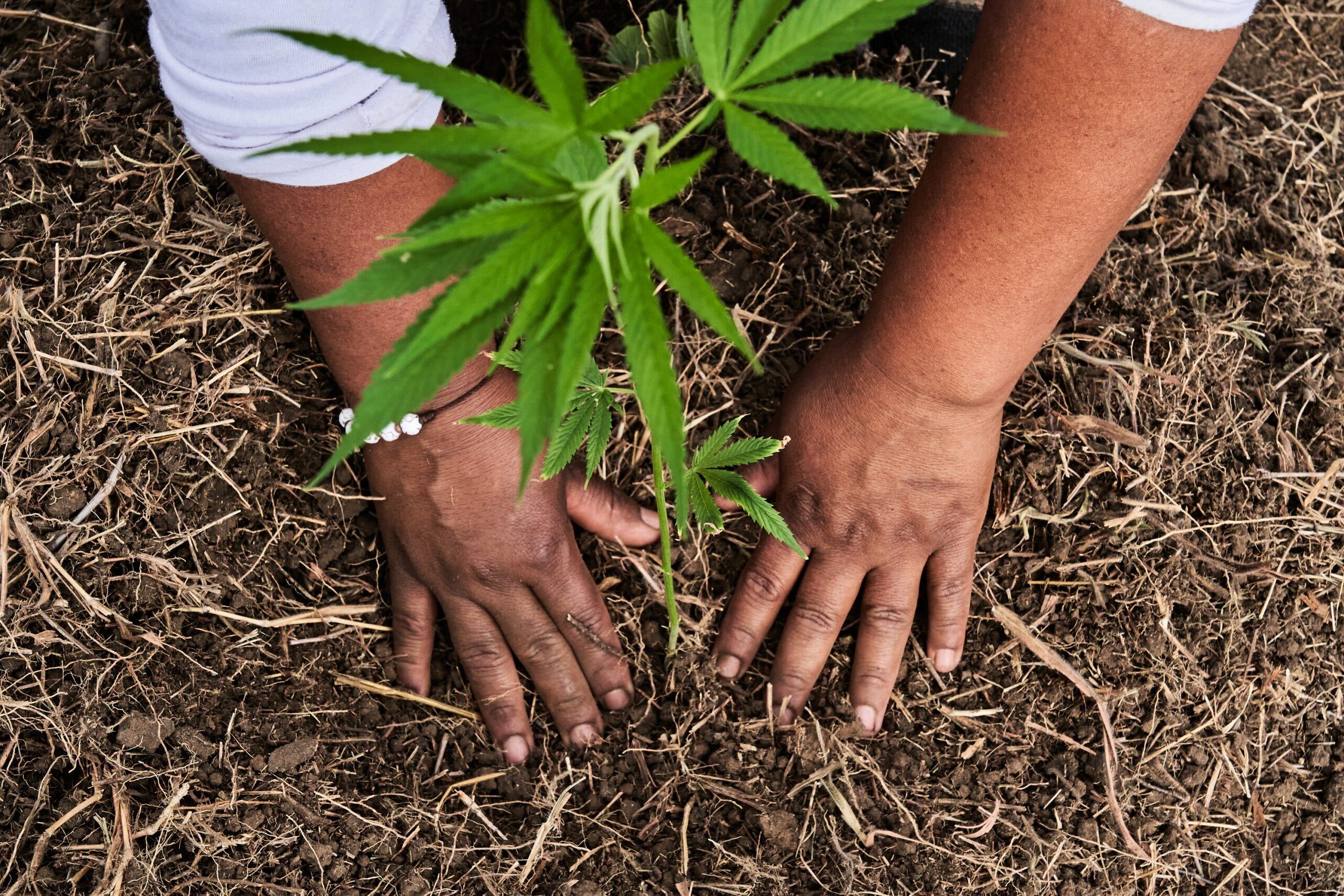The government’s conservation efforts have been undermined by rebel groups in the Amazon
The United Nations Biodiversity Conference opened in Cali, Colombia, today and will run until November 1.

Fourteen thousand delegates from around the world are expected to attend the meeting, known as COP16, to discuss a host of issues related to biological diversity in one of the most biologically diverse countries on the planet.
Colombia’s government hopes to use the opportunity to advance its climate agenda and establish itself as a global leader for environmental protection, despite current challenges it faces from armed groups which control large areas of the Colombian Amazon and influence deforestation in the region.
What is COP16?
The Convention on Biological Diversity Conference of Parties, or Biodiversity COP, is the lesser known counterpart to the Climate Change COP, which is due to be held in Baku, Azerbaijan, in November.
The Biodiversity COP began with the signing of the Convention on Biological Diversity in 1992 at the UN Earth Summit, with delegates meeting every two years thereafter. This year marks the sixteenth conference, or COP16.
The principal goals of Biodiversity COP are “the conservation of biological diversity, the sustainable use of nature’s components and the fair and equitable sharing of the benefits arising from commercial and other utilization of genetic resources.”
With a World Wide Fund for Nature (WWF) report recently finding a 73% reduction in the average size of wildlife populations, the topic of biodiversity conservation has never been more pressing.
Colombia’s role in the climate change debate
Colombia is positioned on the frontlines of climate change, both ecologically and politically. It is the most biodiverse country in the world by square kilometre and is home to over 56,000 species of flora and fauna.
On a political level, the government of President Gustavo Petro has sought to position itself as a leader of the green transition. This summer, the government announced that deforestation had fallen to a 23-year low, according to Reuters.
Speaking to The Bogotá Post, a spokesperson for Colombia’s Ministry of Environment and Sustainable Development asserted that the conference is an opportunity for the country to reinforce its role as a leader in global environmental cooperation.
“Without a doubt, [COP16] is an opportunity that will allow us to continue positioning ourselves as leaders of climate action on the global stage,” the representative said.
The Ministry also stressed the symbolic importance of Latin American leadership in the battle against climate change, with Brazil set to host the COP30 climate conference next year.
The spokesperson explained, “it is significant that two megadiverse countries, Colombia and Brazil, will lead the Conferences of Parties on biodiversity and climate change, respectively.”
They also highlighted the ongoing multilateral collaboration between Latin American countries exemplified by the reactivation of the Organization of the Treaty on Amazonian Cooperation, which aims to conserve the Amazon rainforest.
The role of armed actors in Colombian conservation
According to a new report by the International Crisis Group, the Amazon is precisely where Petro is “staking much of his legacy” on climate change. Ahead of COP16, the non-profit urged Colombia to do more to negotiate with and assert its power over armed groups in the region which have shown “the power to slow or accelerate deforestation at will”.
For their part, rebel groups are also using the conference as leverage in negotiations with the government. In a since-deleted post on Twitter, rebel leader Iván Mordisco made threats to the security of the conference. President Gustavo Petro responded to the EMC’s statement, saying “the security of the COP16 is guaranteed.”
Latin America leading by example on conservation
Efforts like the Treaty on Amazonian Cooperation are intended to set an example for international attendees this year, who are expected to present national-level plans to meet conservation targets that were agreed to in the 2022 COP15 conference in Canada.
In a deal hailed as historic, delegates at the conference in Montreal pledged to establish protection areas to conserve 30% of land and sea for nature by 2030 and to restore 30% of earth’s degraded ecosystems.
According to the Environment Ministry spokesperson, the Colombian government’s goal for this year’s conference is simple: “the success of COP16 lies in the implementation of the [2022] agreement.”
They insist that the conference is not a forum for the renegotiation of commitments, and instead stress the importance of agreeing on mechanisms to enforce existing pledges.
The delivery of this goal at COP16 will serve as a test of whether Colombia can achieve its objective of being a global leader in the fight against climate change.





